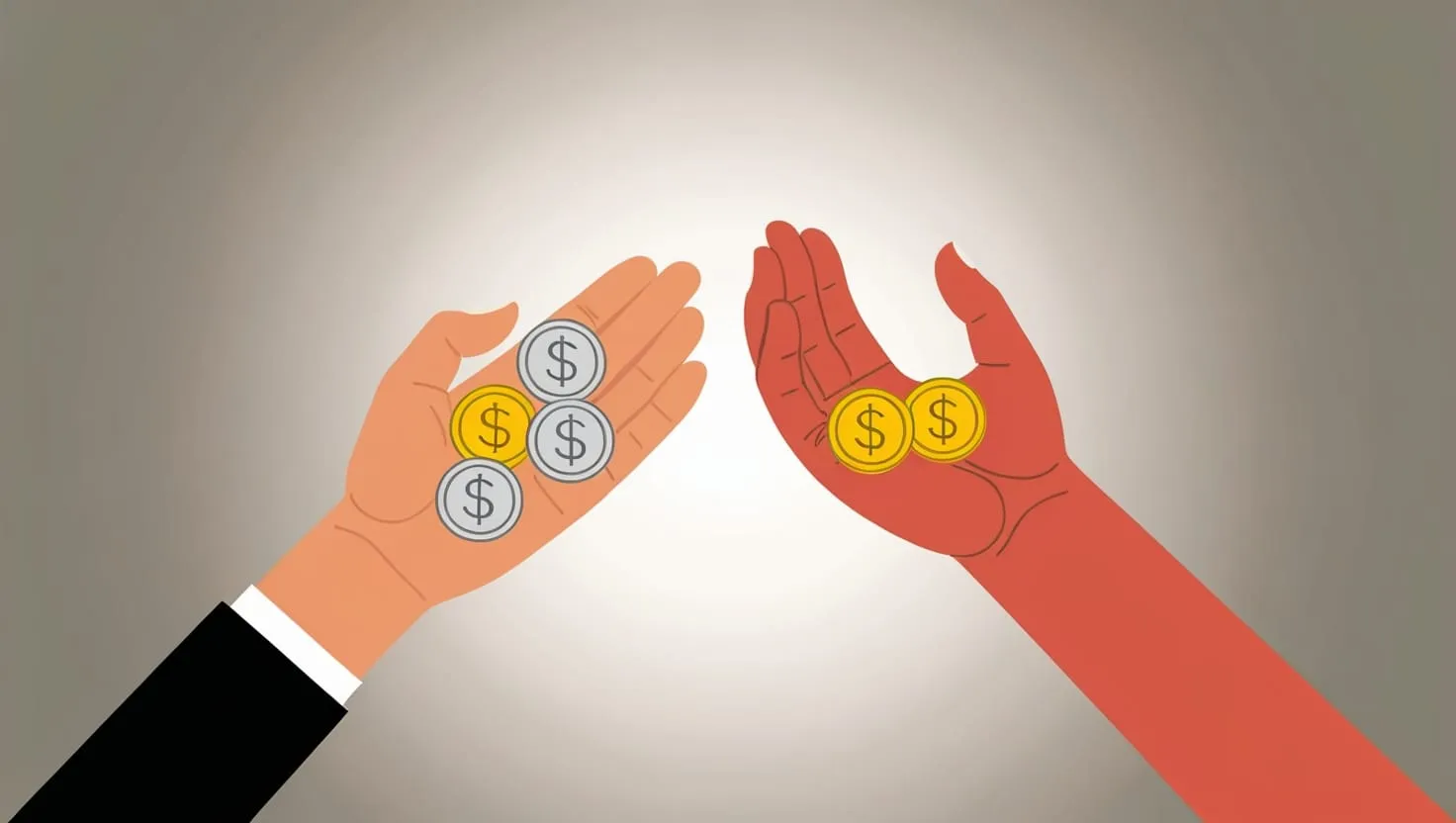Imagine a life where small, everyday choices add up to significant financial growth over time. This is the story of Anita, an ordinary office worker who discovered the extraordinary power of tiny financial habits. Her journey is a testament to how minor adjustments in daily routines can lead to major financial transformations.
Anita's day begins like many of ours, with a cup of coffee on her way to work. However, she has a unique habit – she rounds up her coffee purchase to the nearest ten rupees and saves the change. This might seem insignificant, but it's the start of a series of micro-habits that would radically transform her financial life.
Each morning, Anita spends just five minutes reviewing her expenses. She doesn't delve into complex financial analysis; she simply glances at her transactions to understand where her money is going. This daily habit helps her stay aware of her spending patterns and makes her more mindful of her financial decisions.
In addition to tracking her expenses, Anita dedicates one page of her daily reading to a finance book. This isn't about devouring entire books in one sitting but about gradual learning. Over time, these small chunks of knowledge accumulate, enhancing her financial literacy and empowering her to make smarter financial decisions.
One of the key principles Anita adopts is the concept of automating her money. She sets up automatic transfers from her paycheck to her retirement account and other savings vehicles. This simple act ensures that she saves consistently without having to make conscious decisions every month. By automating her savings, Anita avoids the pitfalls of hyperbolic discounting – the tendency to prefer immediate rewards over future benefits.
For instance, if Anita were offered $100 today or $200 in a year, her brain might naturally lean towards the immediate $100. However, by automating her savings, she bypasses this mental shortcut and secures a better financial future. She starts with a manageable amount, like 10% of her income, and gradually increases it as her financial comfort grows.
Anita also applies micro-habits to her spending. When faced with a big purchase, she breaks down the expense into a per-usage cost. For example, if she's considering buying a new car, she calculates how much the car will cost per day over its expected lifespan. This technique makes large numbers more manageable and helps her evaluate the true value of the purchase.
Another habit Anita practices is the "waiting period." Whenever she feels the urge to buy something over a certain amount, she waits 48 or 72 hours before making the purchase. Often, she finds that the desire to buy has diminished by then, saving her money and reducing impulse purchases.
These micro-habits are not just about saving money; they also influence Anita's broader financial strategy. She adopts the principle of dollar cost averaging, where she invests a fixed amount of money at regular intervals, regardless of the market's performance. This approach helps her avoid the temptation to time the market and instead benefits from the long-term average rate of return.
Over time, these small actions compound, transforming Anita's financial life in profound ways. She becomes more confident in her financial decisions and starts to see money as a tool for achieving her goals rather than a source of stress.
Anita's journey highlights the importance of consistency over grand gestures. It's not about making one big change but about the accumulation of many small ones. By integrating these micro-habits into her daily routine, Anita rewires her brain to think differently about money. She no longer sees financial management as a daunting task but as a series of manageable, everyday choices.
This approach also extends to other areas of Anita's life. She applies the same principle of micro-habits to her productivity and time management. For instance, she dedicates a few minutes each day to planning her tasks, which helps her stay focused and achieve more in less time.
In the realm of leadership, Anita's experience teaches her the value of incremental progress. She realizes that leading others is not about making dramatic changes but about fostering a culture of small, consistent improvements. By encouraging her team to adopt similar micro-habits, she creates a more productive and financially savvy work environment.
Anita's story is a powerful reminder that financial transformation is within reach for anyone. It doesn't require drastic changes or a complete overhaul of your lifestyle. Instead, it's about making small, intentional choices every day. By doing so, you can build wealth, improve your financial literacy, and achieve a more balanced and fulfilling life.
In conclusion, Anita's journey shows us that the path to financial success is paved with small stones. Each day, we have the opportunity to make choices that, over time, can lead to significant financial growth. By adopting micro-habits like automating savings, reviewing expenses, and applying smart spending techniques, we can transform our relationship with money and build a brighter financial future. So, start today – round up that coffee purchase, spend a few minutes on financial learning, and watch how these small actions add up to make a big difference in your life.






